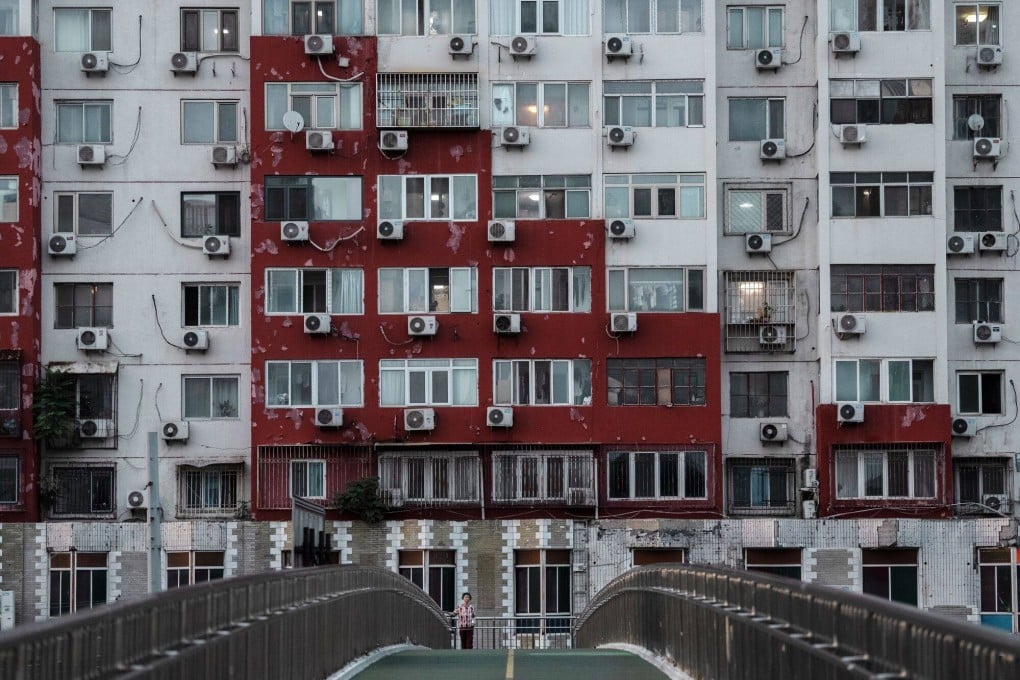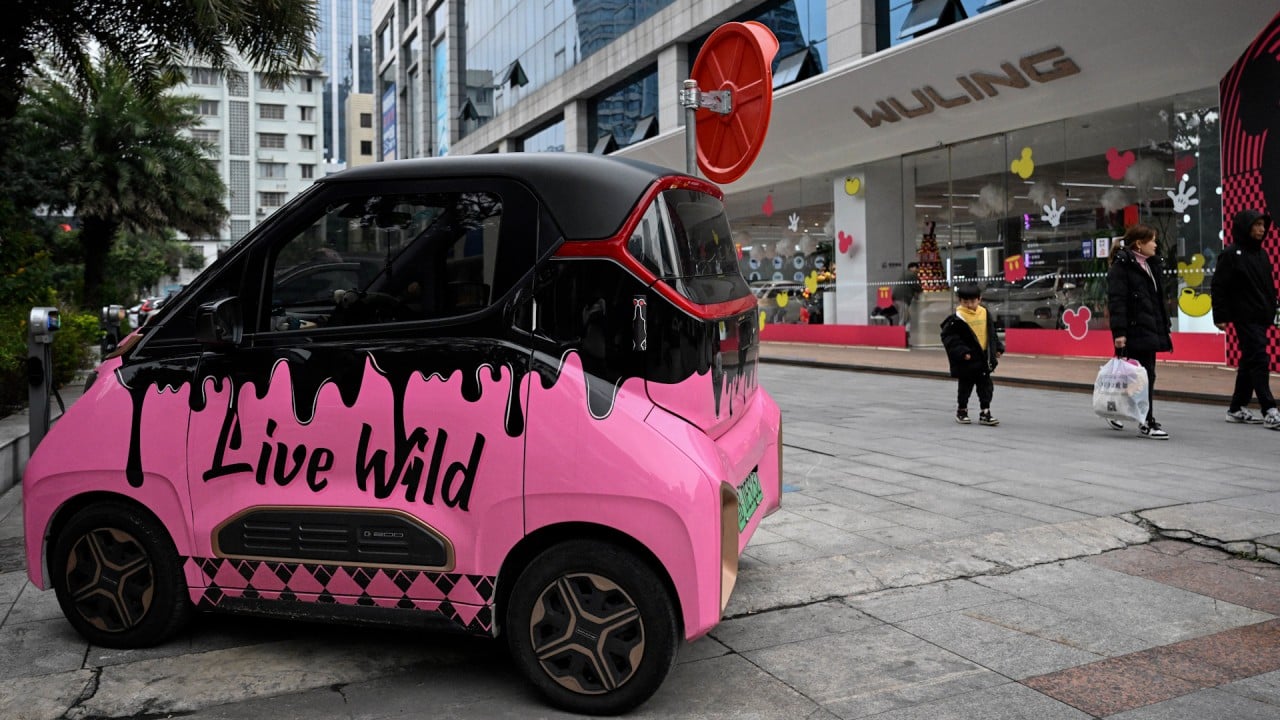Advertisement
Opinion | A US$1 trillion property bailout is the last thing China’s economy needs
- Stimulus right after a deflated bubble risks a debt mire. Better to invest in China’s green tech and harness global talent to ensure prosperity
Reading Time:4 minutes
Why you can trust SCMP
29

China is right to ignore the International Monetary Fund’s proposal that the government bail out the country’s property sector, a plan estimated to cost US$1 trillion. Stimulus right after a bubble deflates only risks reviving that bubble – as seen in the United States after 2008 – and seeding a greater catastrophe.
Advertisement
If China had a trillion dollars to spare, it should spend it instead on attracting talent from around the world to help build the country’s technological independence and, eventually, supremacy, which is essential to its long-term prosperity.
China’s economy is slowing down because a big property bubble has deflated. New residential sales are likely to decline by about 3 trillion yuan (US$419.85 billion) this year, over 2 per cent of gross domestic product and down by nearly 10 trillion yuan from the peak in 2021. Diminished revenues at property developers will cascade down to local government budgets and revenues in the financial system, especially in shadow banking.
But there is a natural bottom to the economic slowdown. As households spend less on property, they can eventually spend more on other things, such as domestic travel. For now, the economy is slowing down because spending patterns are shifting and savings are piling up in the banking system in the interim.
When businesses stimulate fresh demand, the economy will revive. Domestic travel and car sales are the early success stories, attracting customers with better and cheaper offerings. For the economy to fully recover, however, other industries must follow suit.
Relying on stimulus right after a deflated bubble can be dangerous. The US’ great quantitative easing in 2008 ended up reviving the financial bubble and then some. More easing was needed after that to keep the economy afloat. The government borrowed more cheap money to spend on pumping up the economy.

Advertisement

